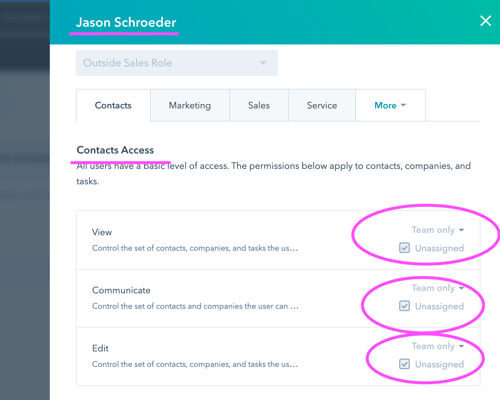Unless you've been living under a rock, you've probably heard of kombucha. Chances are you have that one friend or colleague who just can't shut up about this magical, cure-all, fixes-all-your-problems, greatest-beverage-on-the-planet. If you don't have that friend, well then, not to worry. We will happily take up that place :)
What is Kombucha?
Kombucha is a fermented tea beverage that is rich in vitamin B and probiotic nutrients. It typically starts out as a slightly sweetened black or green tea that is left to ferment for 1-3 weeks. The addition of a SCOBY (symbiotic colony of bacteria and yeast) - also known as that slimy looking thing that might start to grow at the bottom the bottle of kombucha you forgot was rolling around in the backseat of the car, is what turns this week's old tea into that delicious elixir known as kombucha.
After the fermentation process and any secondary flavoring fermentation, kombucha is separated from the SCOBY, bottled and enjoyed.
Is kombucha healthy?
Kombucha is typically rich in vitamin B, antioxidants, and probiotics, but the exact measurements of nutritional contents can vary significantly depending on the brand, flavor, etc. Like all products, it is important to make sure you read the nutrition label on every bottle.
Is kombucha good for gut health?
As a result of the natural fermentation process, kombucha is rich in probiotics, which many believe improve digestion and a promote a more balanced gut microbiome. Although significant kombucha-focused research is admittedly lacking, numerous anecdotal accounts are consistent in describing general improvement in overall gut health and energy levels as a result of regular kombucha consumption.
Kombucha may also reduce the risk of heart disease, help manage type 2 diabetes, and help protect against cancer, but these exact claims are currently unsubstantiated by the medical community.
How much sugar is in kombucha?
Kombucha is not without sugar, ringing in at an average of 2-8 grams of sugar for every eight-ounce serving. Much of kombucha's sugar content come from the natural sugars found in the fruit that is used to flavor the beverage. Keep in mind that the average soda contains 26 grams of sugar per 8 ounces, making kombucha a significantly healthier alternative.
Can you drink too much kombucha?
Like all great things, kombucha is best in moderation. When starting your kombucha regimen, it is (highly) recommended you work your way up slowly. Drinking too much kombucha too quickly can result in an upset stomach, digestive distress, or in some cases, an increase in the bloating that kombucha is meant to combat.
Portion control is key. Dietitians recommend consuming no more than 50 kombucha calories per day. To put that in perspective, most store bought kombuchas are about 30-40 calories per bottle. (One bottle of LunaBrew typically rings in right about 30-35 calories depending on flavor).
So....
Should you drink kombucha?
If you are looking for a healthy soda alternative, something to increase energy levels, reduce bloating, or improve gut health, we certainly think kombucha is the answer. And if you want to enjoy kombucha in the easiest, most economical, and environmentally friendly way, we think you should probably be drinking LunaBrew :)
Want to do even more with kombucha?

